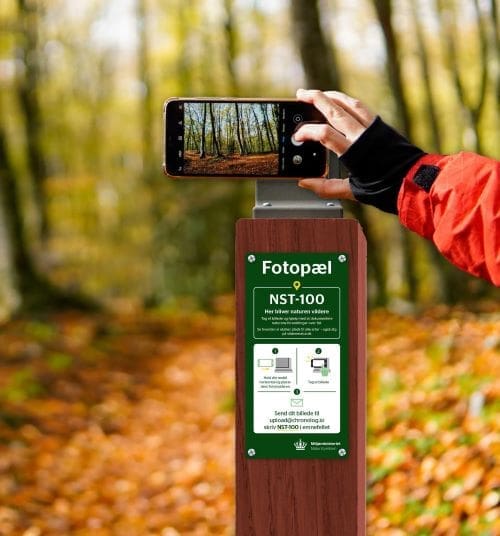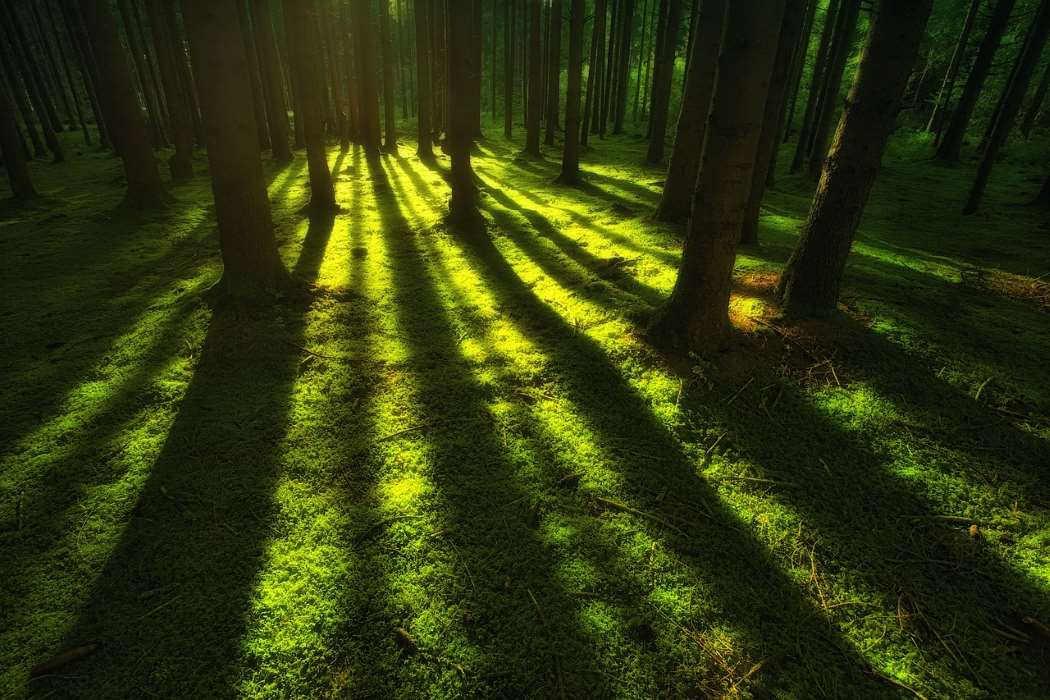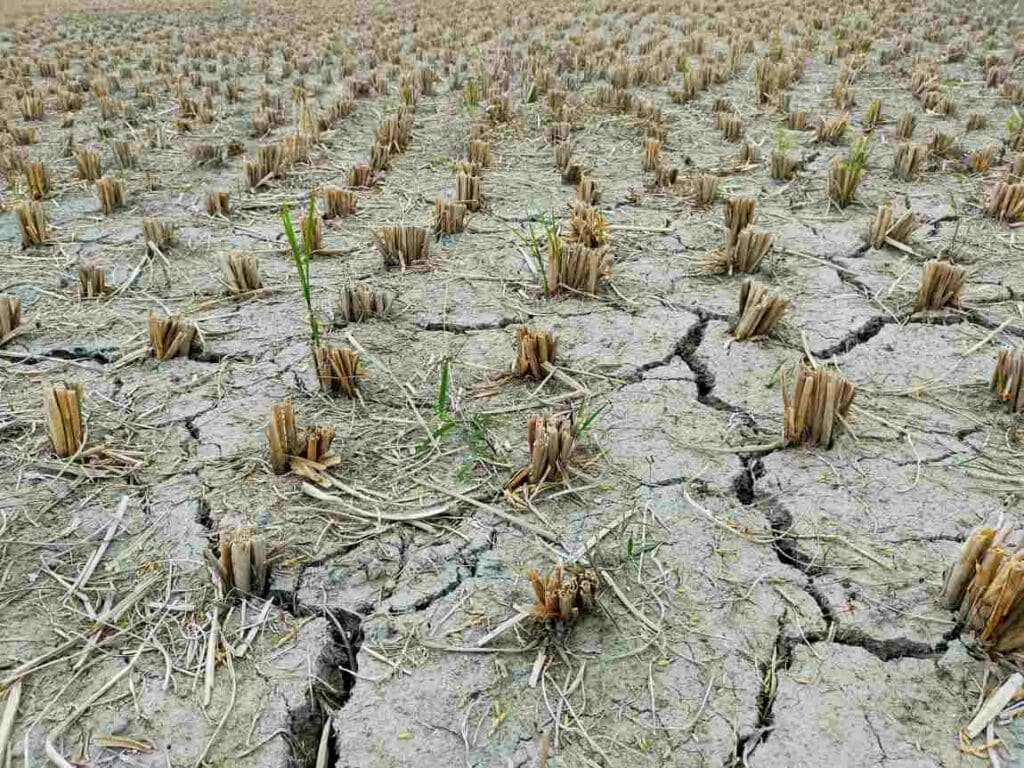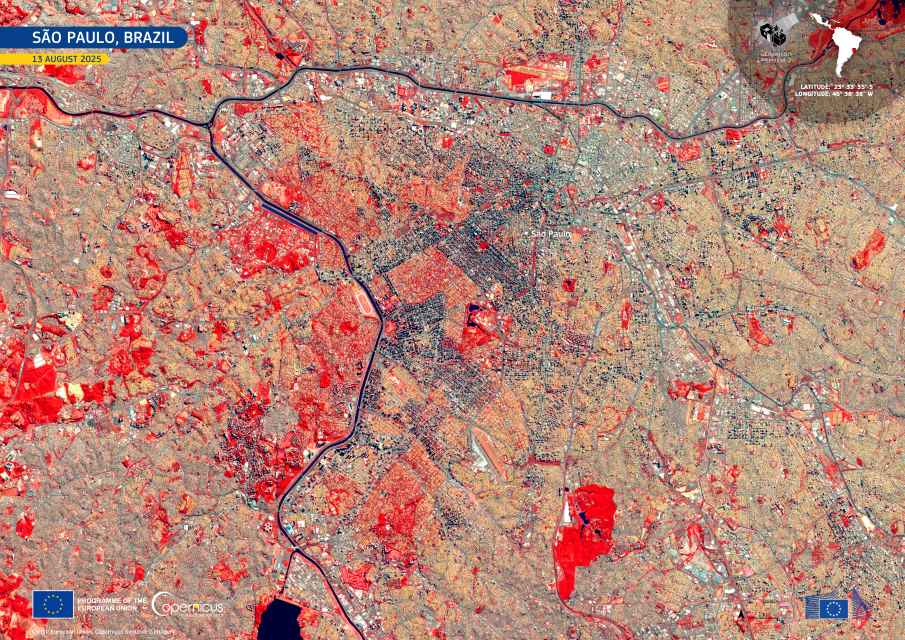Denmark has reached a significant milestone in its commitment to biodiversity and wild nature by designating 75,000 hectares of untouched forest. This achievement comes with the completion of the fifth and final round of forest selections, marking a step forward in preserving habitats for rare species and restoring ecosystems.
Untouched forests are areas where human activities, such as logging, are no longer allowed, enabling nature to evolve freely. Of the 75,000 hectares, over 70,000 hectares are located on state-owned lands, with the rest distributed across public and private areas. This means that most of Denmark’s state forests are now untouched, contributing to a healthier environment for plants, fungi, amphibians, insects, and birds.

Jeppe Bruus, Denmark’s Minister for Grøn Trepart, emphasized the long-term significance of this initiative:
“This is about what we pass on to future generations. While timber production was historically a key purpose of state forests, untouched forests prioritize biodiversity. These areas will serve as sanctuaries for flora and fauna, offering unique nature experiences with more wildlife and diverse plant life.”
The untouched forest project is part of a broader effort outlined in Denmark’s Nature and Biodiversity Package from 2020. It aims to create 100,000 hectares of untouched forest over time, building on the success of the current initiative.
The untouched forests will allow trees to age naturally, decay on the forest floor, and support a variety of life forms, including fungi, mosses, insects, and birds. Natural wetlands will also be restored, and large grazing animals will play a role in maintaining ecological processes by trampling and grazing, further enhancing habitats for numerous species.
To engage the public in documenting the transformation of these forests, 16 photography stations (danish) have been set up across selected untouched forest areas. Visitors can take pictures at these stations and send them to a dedicated email address. Using software, these images will be combined into a time-lapse film that illustrates the forests’ evolution over the years.
The latest round of designations includes extensive areas in Oksbøl and Nymindegab forests, as well as parts of Tvorup Klitplantage in Thy, forests on the island of Fanø, Engelsholm Forest near Vejle, and Rise Forest in Himmerland.
Jeppe Bruus added, “We need much more forest overall, but untouched forests are especially crucial for allowing nature to unfold on its own terms. While these changes take time, we can look forward to wilder and richer natural experiences in the years to come.”
The untouched forest initiative was established as part of the 2020 Nature and Biodiversity Package, supported by Denmark’s Social Democratic government and other political parties. This effort not only halts timber production in these areas but also fosters natural processes that benefit ecosystems and species.
As the program moves toward its 100,000-hectare goal, Denmark continues to lead by example in preserving biodiversity and rewilding its landscapes.
Article Source:
Press Release/Material by Ministerium for Grøn Trepart
Featured image credit: Joe | Pixabay




